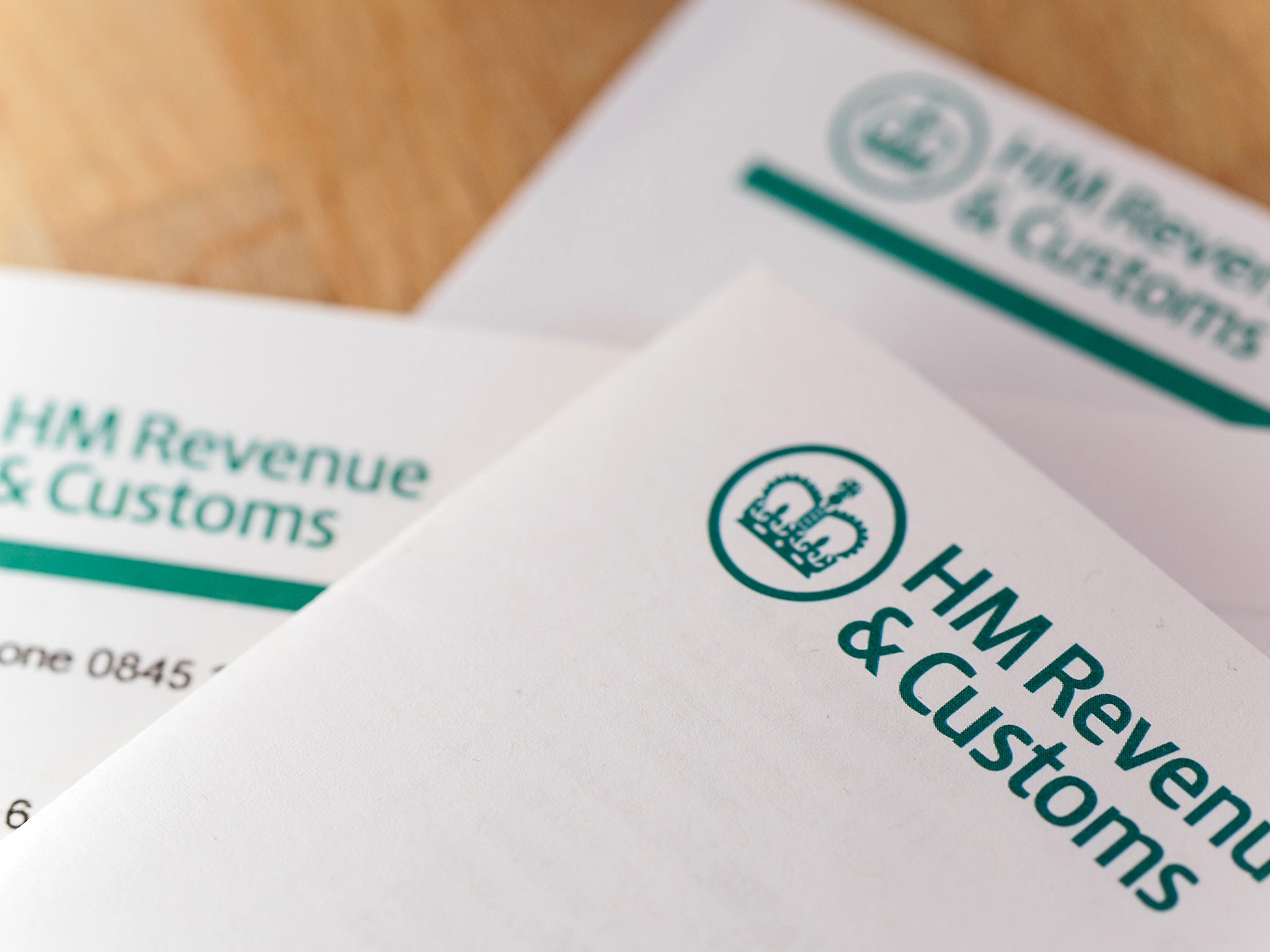Budget 2015 – taxation: Higher tax threshold rises above inflation
It will go up from £42,385 in 2015-16 to £43,300 by 2017-18

Middle-class voters received a pre-election fillip as George Osborne announced an above-inflation increase in the higher tax threshold.
It will go up from £42,385 in 2015-16 to £43,300 by 2017-18, although the threshold will still be lower than the rate inherited by the Coalition.
The Chancellor was cheered when he told MPs that the increase marked the first time for seven years the rate had risen by more than inflation.
His move follows complaints that millions of workers who do not consider themselves wealthy have been dragged into the 40p tax band over the last five years.
Budget 2015: George Osborne unveils pre-election package
Show all 7Mr Osborne also confirmed reports that the personal allowance – the rate at which people pay 20p tax – would go up from £10,600 to £11,000 over the next two years.
He described the tax moves as a “down-payment” on the Conservatives’ commitment to raising the personal allowance to £12,500 and the higher rate threshold to £50,000 during the next parliament.
The rate of the new transferable tax allowance for married couples, paid to more than 4 million families, will rise to £1,100.
According to the Treasury, 27 million people will receive a tax cut and 3.7 million will be taken out of tax altogether as a result of the moves.
But critics claimed that the package of income tax changes would disproportionately benefit the better-off.
As exclusively disclosed by The Independent, Mr Osborne said that tax on income on savings would be scrapped for the vast majority of people.
A new personal savings allowance will take 95 per cent of taxpayers out of savings tax altogether, with around 17 million people benefiting, he told the Commons.
From April 2016, a tax-free allowance of £1,000, or £500 for higher-rate taxpayers, will be introduced for interest people earn on their savings.
In a further measure to encourage savers, tax-free Isas will be made more flexible, so that people will be able to put money in and take it out within the same year without losing their tax benefits.
Barnardo’s warned that lower-paid families would gain “precious little” from the increase in the personal tax allowance because of the way the tax interacts with the new Universal Credit system. It said they would lose up to 65p for every pound they gain, while higher earners will see three times more as a result of tax changes.
Julia Unwin, the chief Executive of the Joseph Rowntree Foundation, said: “Changes to the income tax threshold will do nothing to help the lowest paid.
“The bottom 17 per cent of earners have already been lifted out of income tax, meaning they will see no benefit from any further rises. Only £1 in every £7 spent on raising the income tax threshold further will find its way to the bottom half of earners.”
Alison Garnham, the chief executive of the Child Poverty Action Group, said: “The increase in the personal tax allowance is expensive and poorly targeted. The same money channelled through tax credit and universal credit would do much more for the low paid.”
But Stephen Herring, the head of taxation at the Institute of Directors (IoD), said: “We welcome the Chancellor’s announcement that the downward drift of the higher rate tax threshold is to be halted in 2016/17, by increasing both the personal allowance and the basic rate tax band.”
He said the IoD had recommended triple-locking the higher rate threshold to the highest of the consumer prices index, earnings growth, or 2.5 per cent, in a similar way to the state pension. “This will make sure more taxpayers are not dragged into paying higher rate tax in the future,” he said.
Subscribe to Independent Premium to bookmark this article
Want to bookmark your favourite articles and stories to read or reference later? Start your Independent Premium subscription today.

Join our commenting forum
Join thought-provoking conversations, follow other Independent readers and see their replies